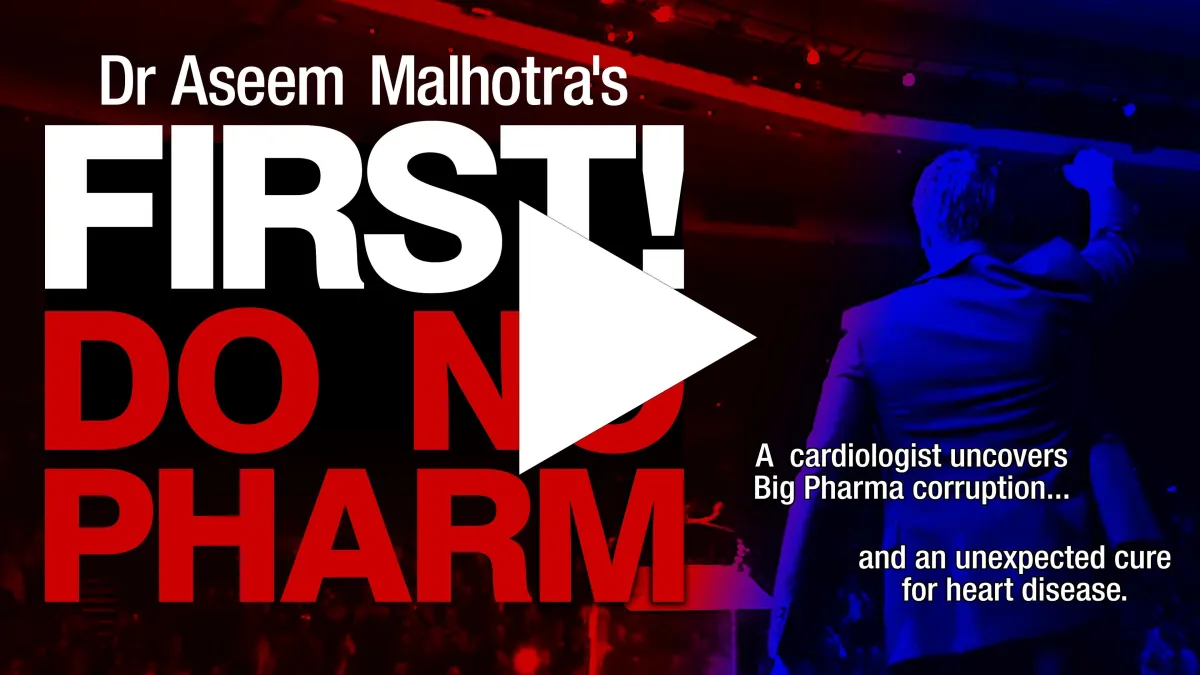
Kim Witczak's Zoloft Lawsuit
Kim Witczak's Zoloft Lawsuit
Kim Witczak, whose husband died by suicide after taking Zoloft, filed a lawsuit against Pfizer in 2004, alleging the company failed to warn about the antidepressant's potential link to suicidal behavior. This case led Witczak to become a prominent drug safety advocate, launching the website Woodymatters.com to educate others about the risks of certain medications.
Zoloft-Induced Akathisia
Zoloft, like other selective serotonin reuptake inhibitors (SSRIs), has been associated with akathisia, a neurological condition characterized by intense inner restlessness and a compelling urge to move [1] [2]. Symptoms of Zoloft-induced akathisia can include severe anxiety, agitation, and an inability to remain still, which may be misinterpreted as worsening depression or panic attacks [3]. The condition typically emerges shortly after starting Zoloft treatment or increasing the dosage [1].
Studies have reported akathisia rates of 10-18% in patients with bipolar I disorder taking antidepressants like Zoloft [1]. The exact mechanism is not fully understood, but it's thought to involve Zoloft's effect on dopamine receptors in the brain [1]. Recognizing akathisia is crucial, as it can significantly impact a patient's quality of life and, in severe cases, potentially contribute to suicidal ideation [1] [2]. Treatment options may include dose reduction, medication discontinuation, or the addition of beta-blockers or benzodiazepines to alleviate symptoms [2].
FDA Advisory Committee Insights
Kim Witczak's experience as a voting member on an FDA Advisory Committee provided unique insights into the drug approval process. Advisory committees play a crucial role in evaluating new drugs, including antidepressants like Zoloft. In 2004, an FDA advisory panel recommended adding black box warnings about increased suicide risk in children and adolescents taking antidepressants [1]. This decision was influenced by:
A meta-analysis showing antidepressants increased suicidality risk in pediatric patients [1]
Concerns about inconsistent data reporting by pharmaceutical companies [2]
Public testimony from families affected by antidepressant-related suicides [2]
The advisory committee's recommendation led to significant changes in antidepressant labeling and prescribing practices. However, the process also revealed limitations in the FDA's post-marketing surveillance system and highlighted the need for more robust, long-term safety data collection [2] [3].
Legal Battle for Drug Safety
Kim Witczak's legal battle against Pfizer over Zoloft's alleged role in her husband's suicide became a pivotal case in the fight for drug safety transparency. The lawsuit, filed in 2004, challenged Pfizer's failure to warn about potential suicide risks associated with Zoloft [1]. Key aspects of the case included:
Witczak's lawyers obtained internal Pfizer and FDA documents showing awareness of suicide risks since the early 1990s [2]
The judge declassified these documents, previously protected as trade secrets, allowing public scrutiny [3]
The case was ultimately resolved, though not technically "won," as Pfizer had already faced similar lawsuits [3]
The legal proceedings and subsequent advocacy efforts by Witczak contributed to significant changes in drug safety regulations:
In 2004, the FDA added black box warnings about suicide risks on antidepressants, including Zoloft [2]
The case highlighted the need for improved post-marketing surveillance of drugs [4]
It sparked broader discussions about pharmaceutical companies' responsibilities in disclosing potential side effects [5]
Witczak's experience underscored the challenges faced by individuals seeking accountability from large pharmaceutical companies and the importance of public access to drug safety information [6] [2].
https://www.wisnerbaum.com/blog/2004/may/widow-sues-maker-of-zoloft-blames-husband-s-suic/
https://ndlegis.gov/assembly/68-2023/testimony/HHUMSER-1406-20230123-15295-F-WITCZAK_KIM.pdf
https://www.drugwatch.com/featured/misplaced-trust-fda-approval-concerns/
https://money.cnn.com/magazines/fortune/fortune_archive/2005/11/28/8361973/index.htm
Pharma's Ethical Dilemma
The "First! Do No Pharm" expose sheds light on the ethical concerns surrounding pharmaceutical practices and their impact on patient safety. This investigative report highlights several key issues:
Inadequate safety testing: Many drugs are approved based on limited clinical trials, often excluding vulnerable populations like children or the elderly [1].
Pressure to speed up approvals: FDA reviewers have reported being pressured to accelerate drug approvals, potentially compromising thorough safety evaluations [2].
Insufficient post-market surveillance: The current system for monitoring drug safety after approval is often reactive rather than proactive [1] [3].
Conflicts of interest: The pharmaceutical industry's financial influence on regulatory bodies and healthcare providers raises concerns about objectivity in drug safety assessments [2] [3].
The expose emphasizes the principle of "first, do no harm" in medicine, arguing that this fundamental tenet is sometimes overshadowed by commercial interests. It calls for greater transparency in drug development and approval processes, as well as stronger safeguards to protect patients from potentially harmful medications [4] [5].
The report's findings have sparked discussions about reforming the drug approval system and improving communication of medication risks to patients and healthcare providers [5] [6]. These issues are particularly relevant to cases like Zoloft, where concerns about suicidality risks emerged after the drug was widely prescribed.

